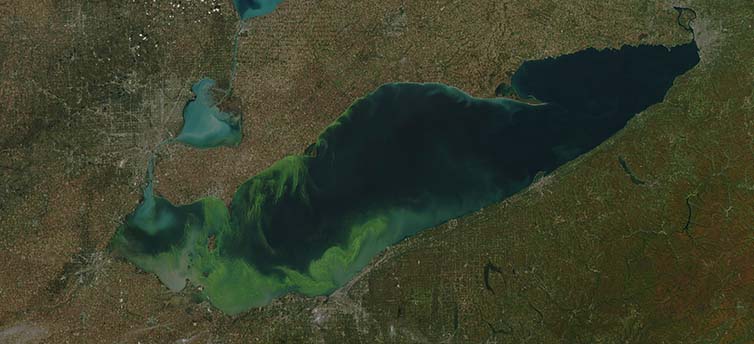Pollution and its impacts on human health and assets cost Canadians tens of billions of dollars each year, according to a recent report from the Winnipeg-based International Institute for Sustainable Development (IISD).
The study, one of the most comprehensive reports ever undertaken on pollution and its costs in Canada, is based on a review of published international research that attempts to break down how pollution impacts society. IISD associates and report authors Robert Smith and Kieran McDougal estimate that consequences for lost human health and well-being alone top $39 billion annually; smog impacts reached $36 billion in 2015.
“Though we were not able to fully answer the question ‘What is the cost of pollution in Canada?’,” the authors wrote, “we nonetheless found solid evidence that pollution imposes significant costs on Canadians.”
This is in part because pollution undermines entire systems of resource production, the report warned. Fishing grounds deteriorate when lakes become infested with algae while forests become less productive when drenched in acid rain. Smith and McDougal conclude that trillions of dollars’ worth of economic and resource assets remain at risk from pollution.
While the effects of some pollutants like PM2.5 in urban smog are well known, significant data gaps remain for other disturbances. To better understand how pollution costs Canadians, the authors suggest, further research is needed on the economic and environmental impacts of greenhouse gas emissions, heavy metals from contaminated mine sites and agricultural runoff. Phosphorus pollution causing algal blooms in Lake Erie alone has reduced the lake’s tourism value by $4 billion; shoreline properties by another $700 million.
“These costs are real and will be borne by Canadian families, businesses and governments into the future,” said IISD president and CEO Scott Vaughan. “The impacts of pollution are too great to allow poor data to stop us from taking action.”







